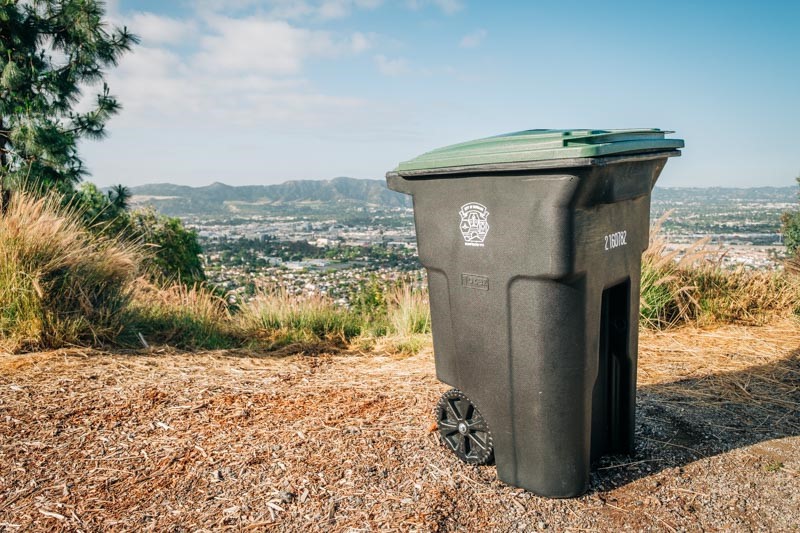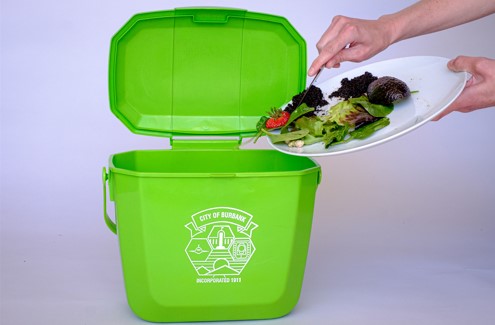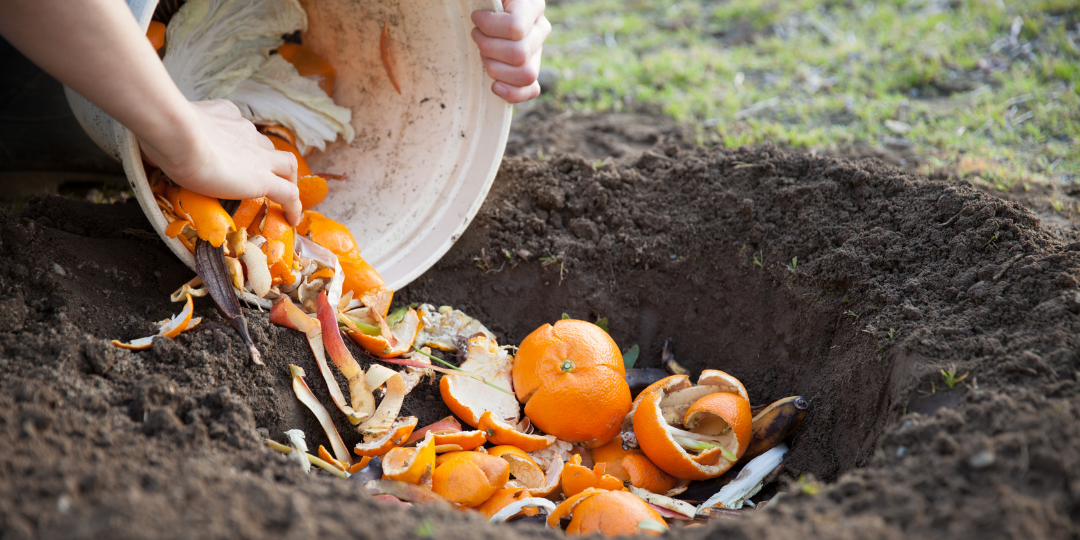
Residents play an important part of the City's efforts to reduce the impact of organic waste.
- Participate in grasscycling by leaving clippings on the ground (nutrients)
- Replace lawns altogether with native plants that sip rather than gulp water and drastically reduce yard waste
- Find a way to prevent food from being wasted (1/3 of all food grown in the U.S. goes to waste!)
- Mulch* leaves and compost other organics in the backyard
- Start a backyard compost or worm bin to reduce waste and create fertilizer.
*Avoid mulching with invasive varities, such as Bermuda grass, or lawns that have been recently applied with herbicides.
- Buy less - Create a list to buy only what you need.
- Shop for less packaging.
- Start a garden and join a community produce share group.
- Freeze any excess items before they go bad.
- Make stock or smoothies with items before they turn or show signs of rotting.
- Create an 'eat first' bin in your fridge to stay mindful of inventory.
- Challenge yourself to use up your forgotten pantry items.
- Dates on lables are store or manufacturer guides but not regulated or standardized. Use your judgement ("smell test") before tossing.
- Visit savethefood for more tips, recipes, and storage ideas.
REVIVE!
Try these tips to extend the life of your food and reduce food waste!- WILTED FOOD
- Soak in ice water for 5 to 10 minutes may reinvigorate wilted veggies.
- STALE FOOD
- Bread:
- Mist bread loaves with water, wrap in foil then bake--softens back up.
- Bread crumbs--place in a food processor
- Make crutons
- Toast stale chips and crackers for a minute or two in a regular or toaster oven to crisp them (put in soups, too).
- Bread:
- SALTY FOOD
- Add vinegar, lemon juice, or brown sugar—or dilute a soup or sauce with water, crushed tomatoes or unsalted broth.
WHAT DO THOSE DATES REALLY MEAN?*
Reduce food waste and maximize your investment by understanding food product date labels.
“BEST IF USED BY/BEFORE”
Indicates when a product will be of best flavor or quality. Not a purchase/safety date.
“SELL-BY”
Tells the store how long to display the product for sale for inventory management. Not a safety date.
“USE-BY”
Last date recommended for use of the product while at peak quality. Not a safety date except when used on infant formula.
Regardless of the date, consumers should always evaluate the quality of food prior to its consumption and use their best judgement.
Sources:
*www.fsis.usda.gov
**www.savethefood.com
**Waste Free Kitchen Handbook, Dana Gunders, 2015












